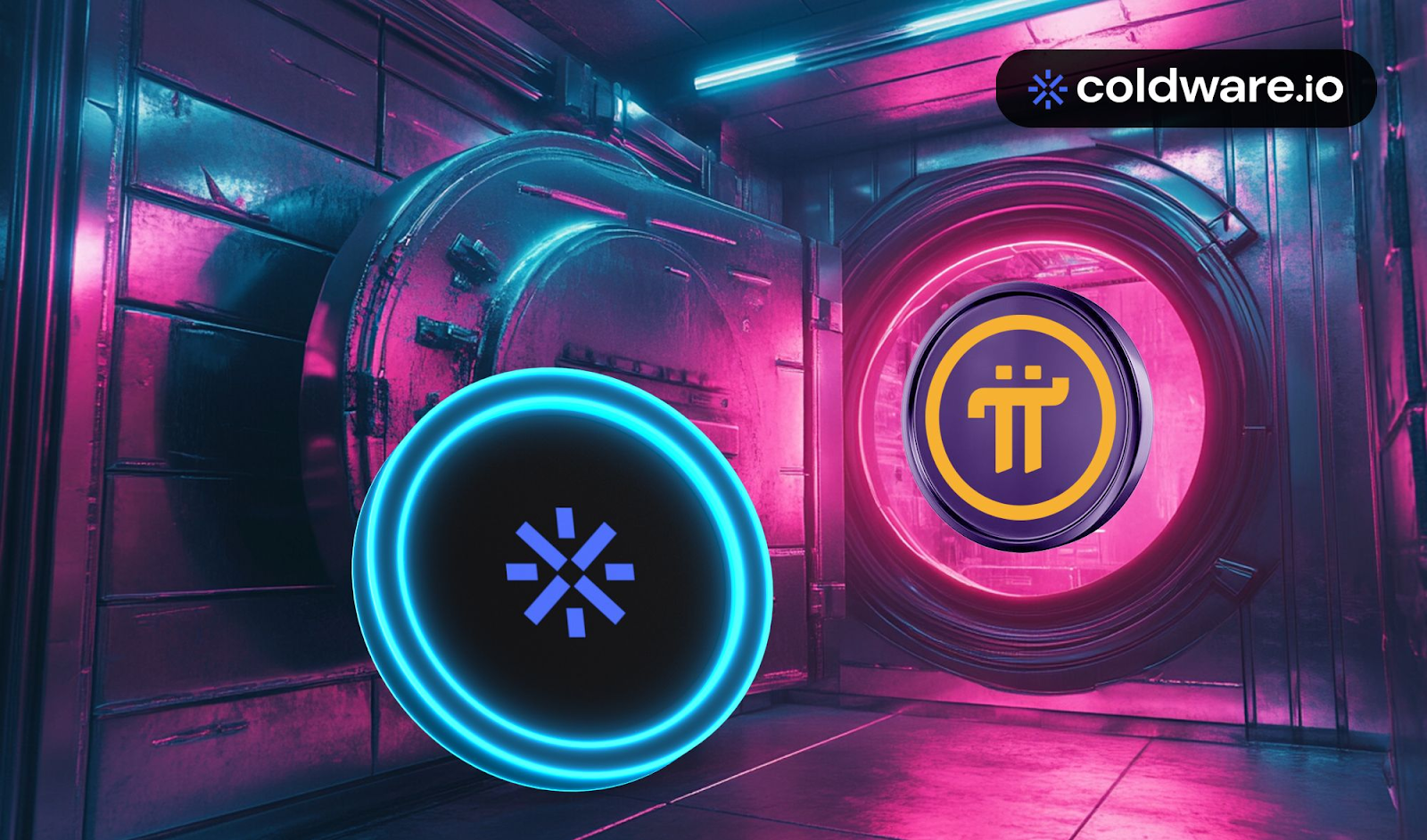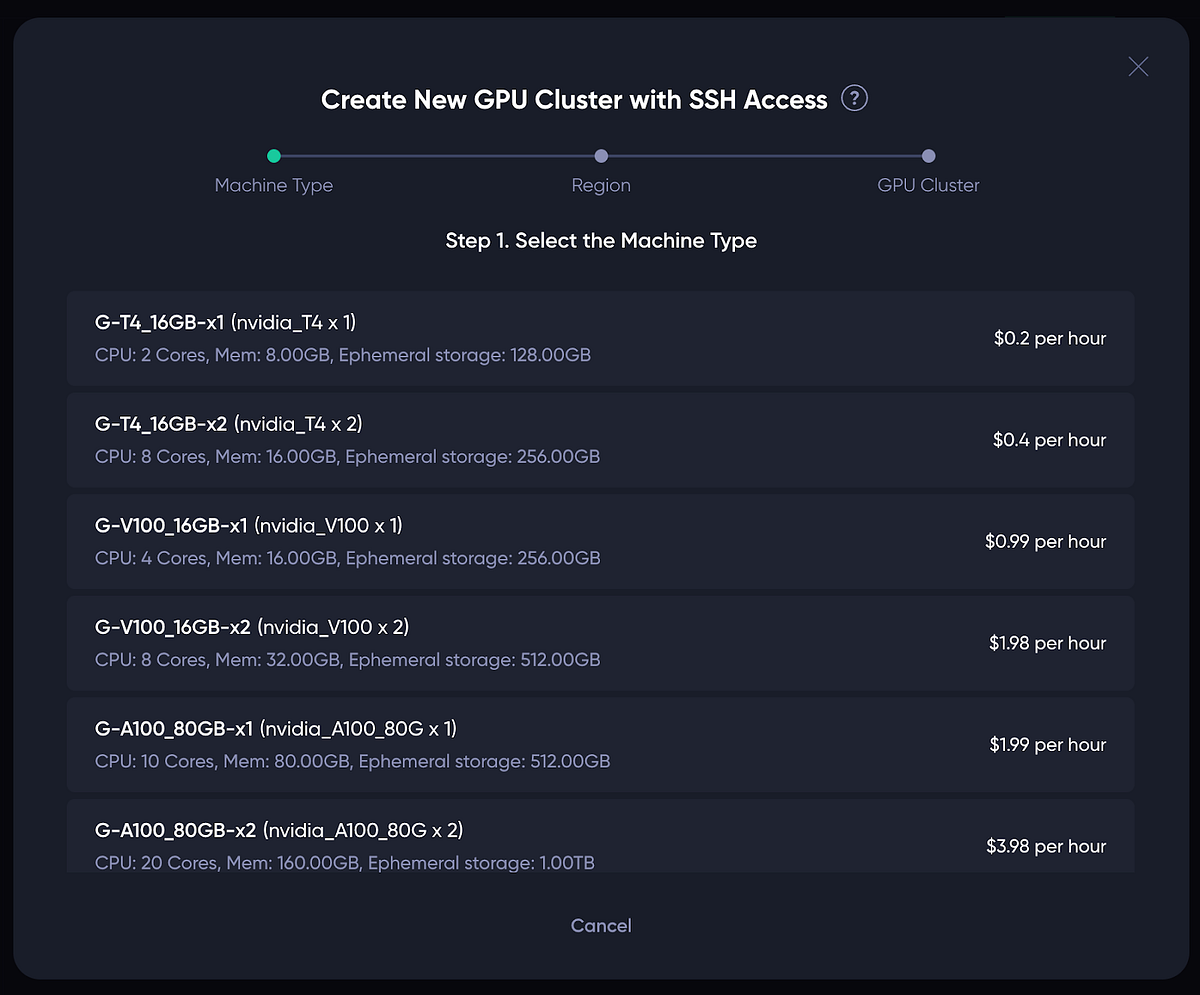iExec: Pioneering Decentralized Confidential Computing in Web3

As Decentralized Confidential Computing (DeCC) gains traction in 2024, iExec has been a pioneer in this domain, merging Confidential Computing with blockchain since 2018. Collaborating with Intel, iExec launched the first Trusted Compute Specification for the Ethereum Enterprise Alliance, laying the groundwork for secure data processing in Web3. By 2019, iExec became the first Web3 company to join the Confidential Computing Consortium, solidifying its role in decentralized data protection. These early innovations have paved the way for DeCC, which redefines data privacy and security in the Web3 landscape.
Confidential Computing is a critical component of DeCC, addressing the need to protect data not only at rest and in transit but also during processing. This technology isolates sensitive data or code using hardware enclaves, creating a trusted execution environment that processes encrypted data in memory. By employing hardware-based attestation reports, Confidential Computing ensures that only authorized programs can access the data within these enclaves. This approach safeguards various types of data, from personal information to complex algorithms, enhancing security in an increasingly fragmented data landscape.
The DeCC movement promotes a broader understanding of privacy in Web3, emphasizing user control and decentralized security. With the formation of the DeCC Alliance, which includes leading projects in Confidential Computing, the initiative aims to educate the public on the capabilities of DeCC and its necessity for secure data usage. iExec’s mission is to empower users by tokenizing their data and establishing governance rules, ensuring that data remains secure and private. As DeCC continues to evolve, it is set to transform the Web3 ecosystem, making privacy and data ownership a fundamental right for users in the digital age.
Related News





